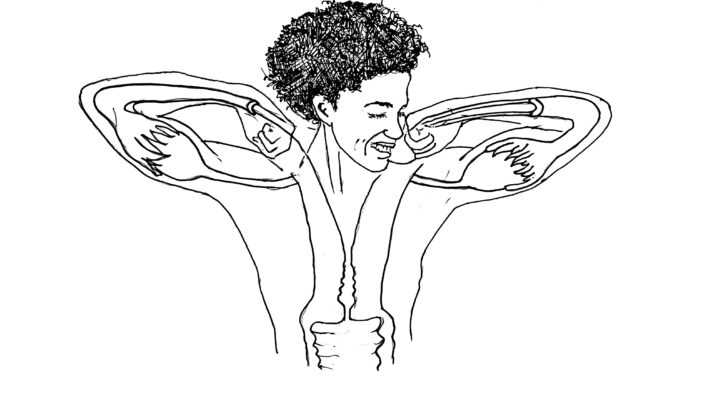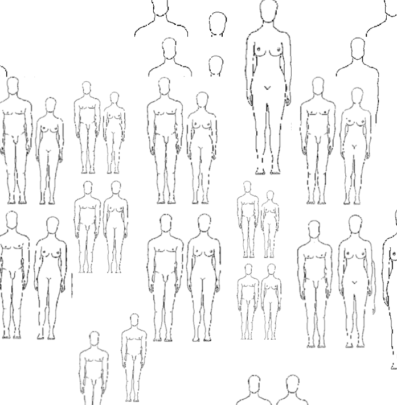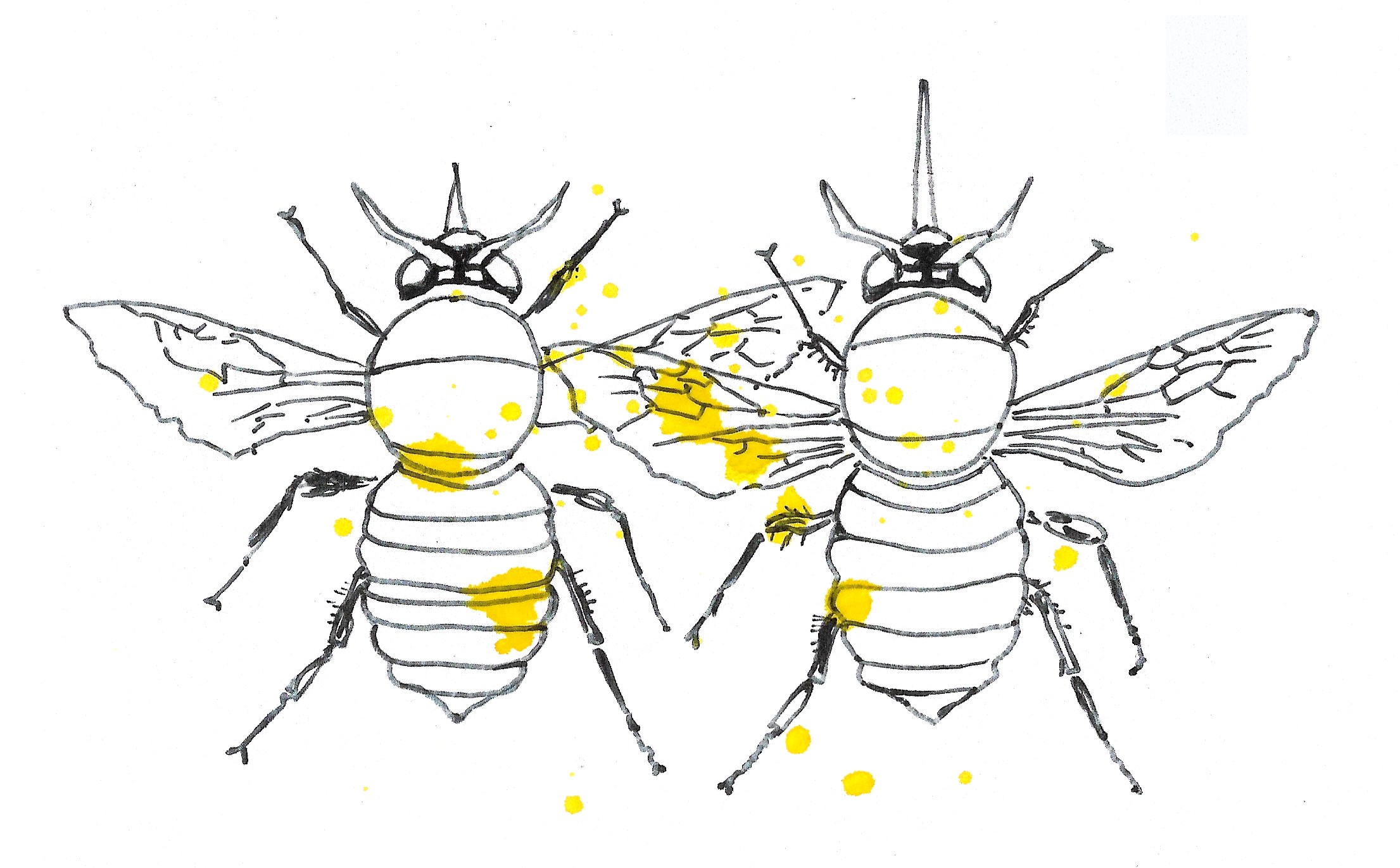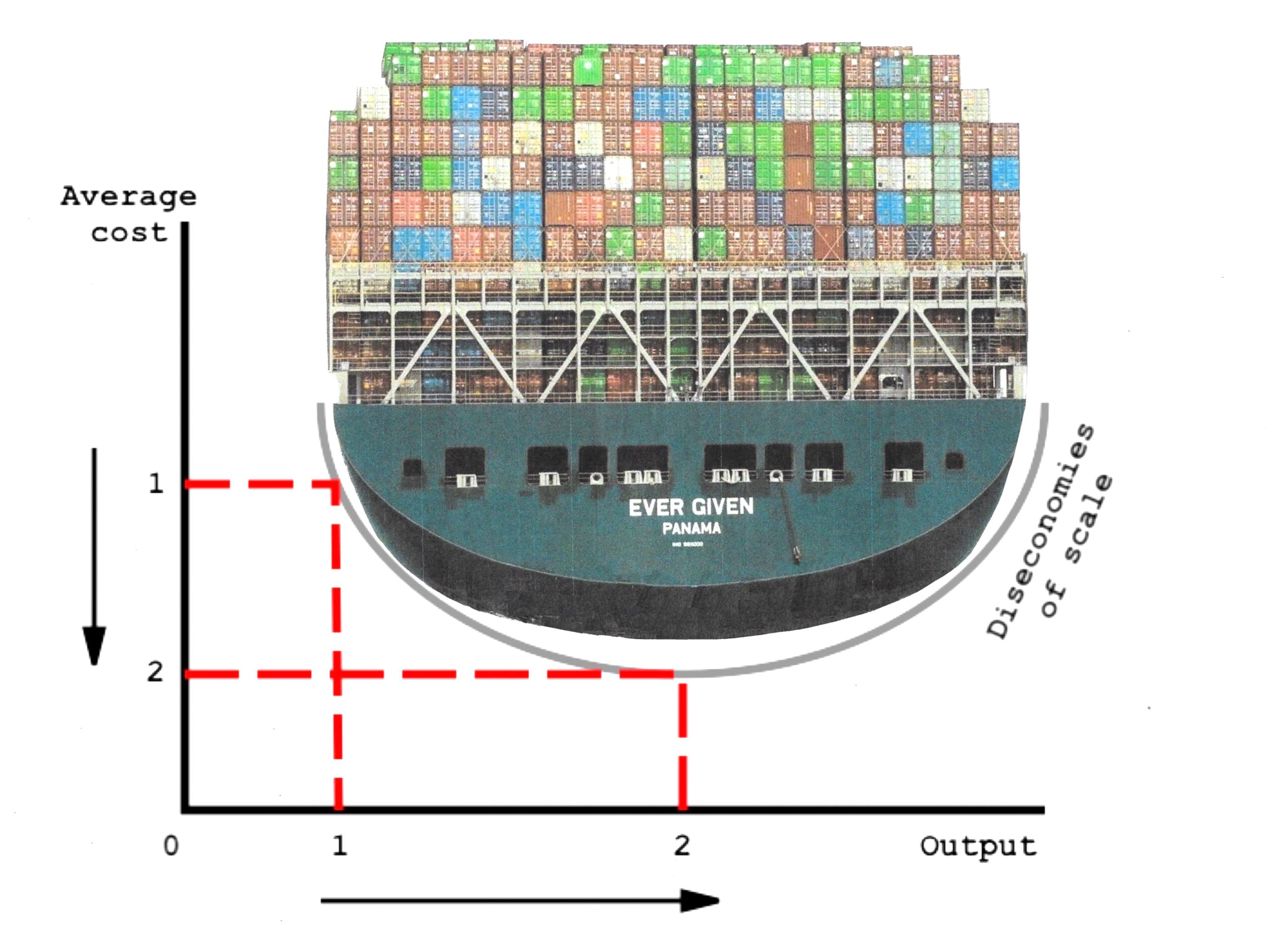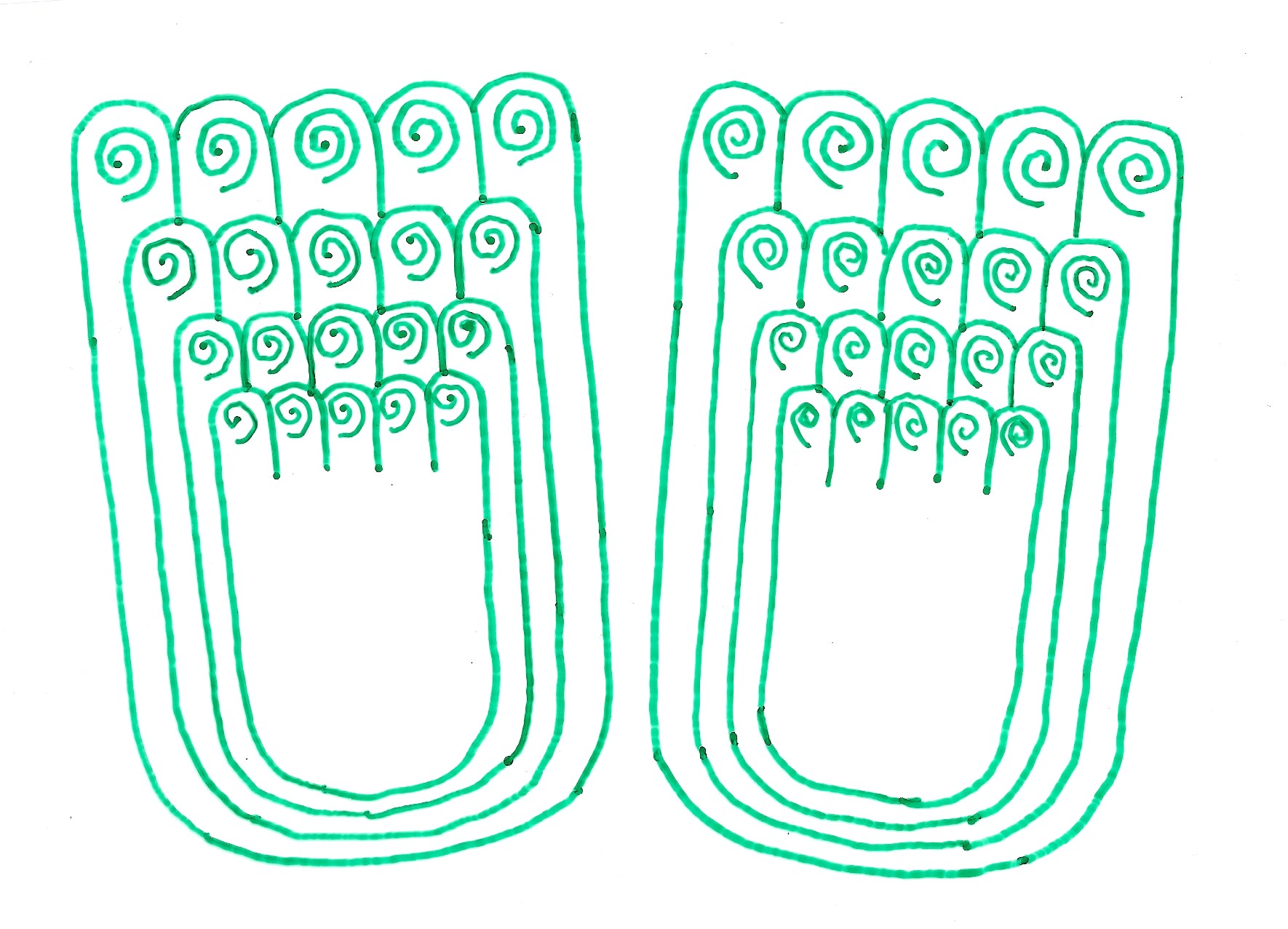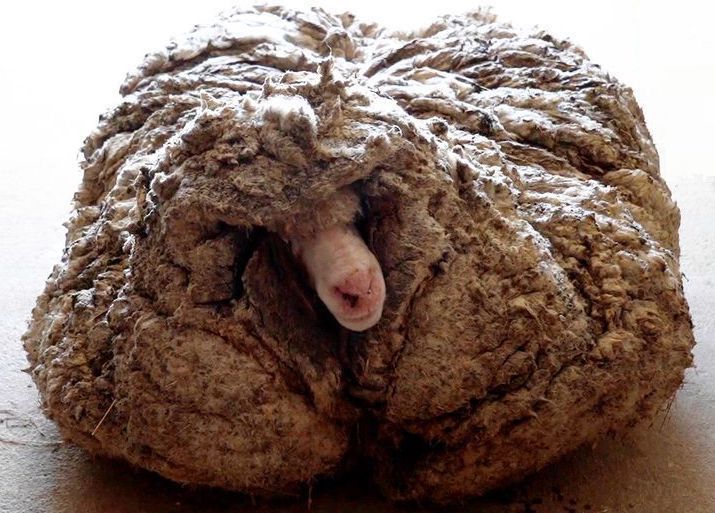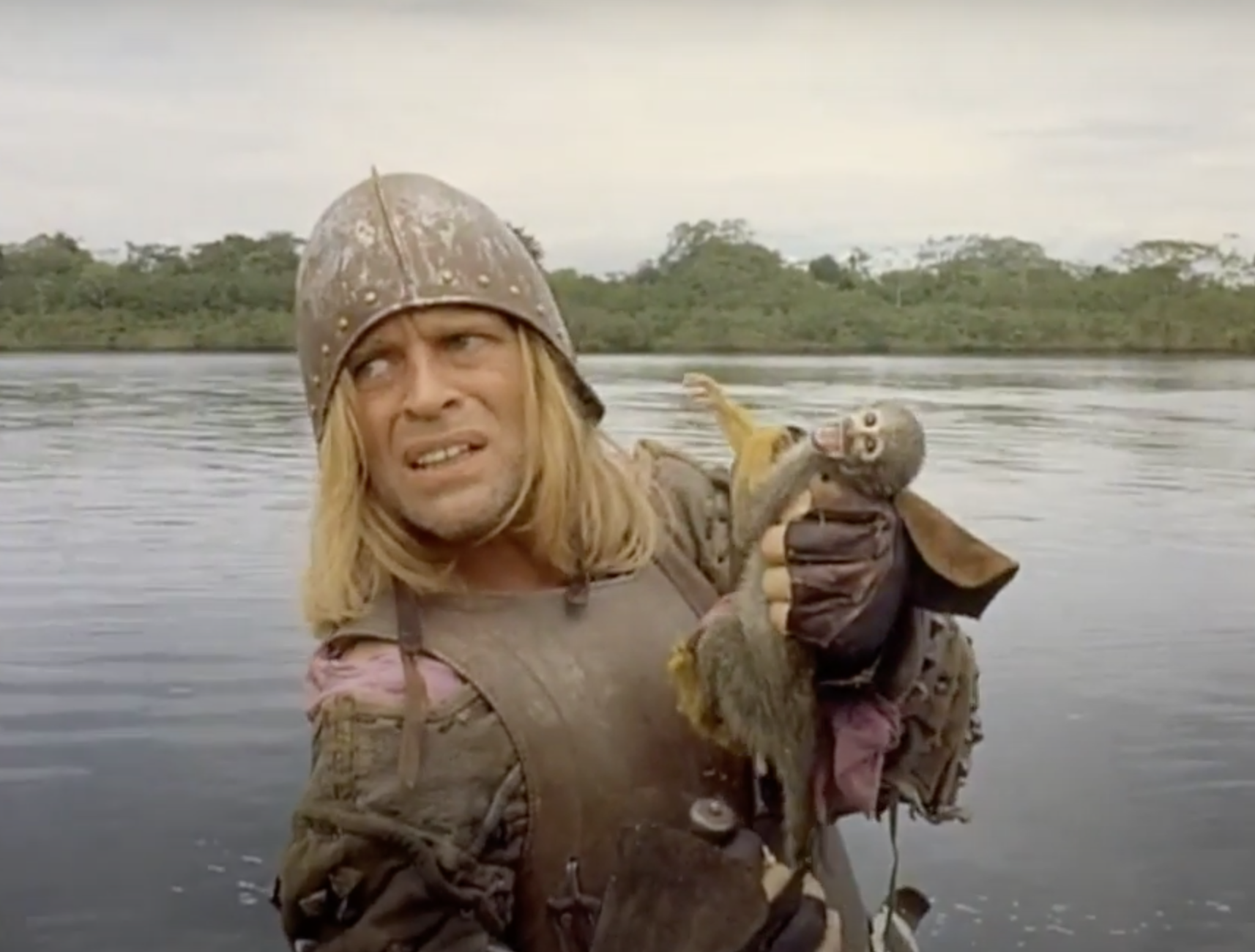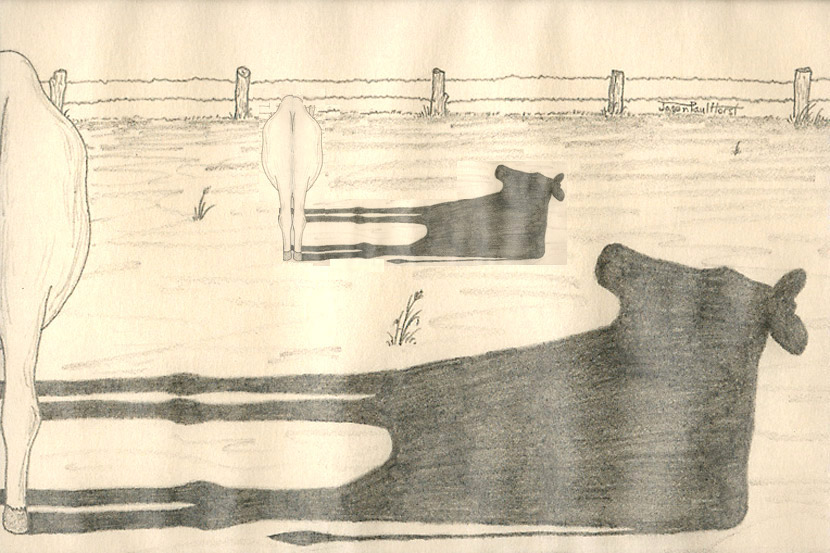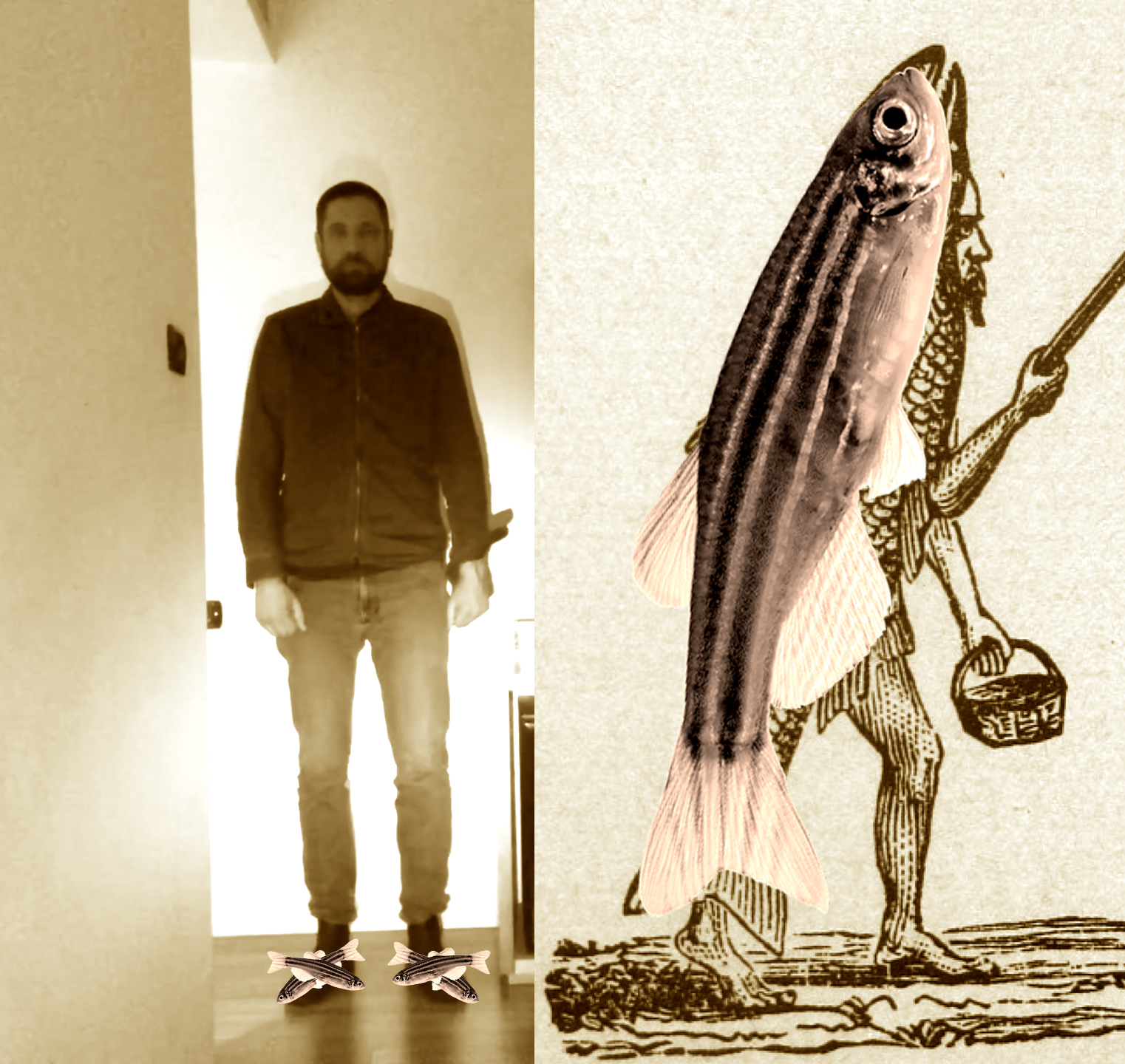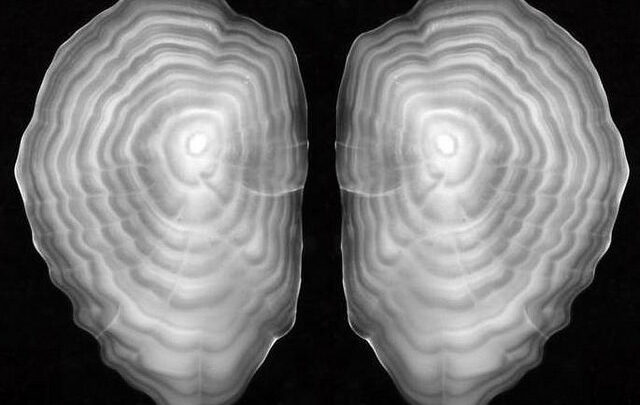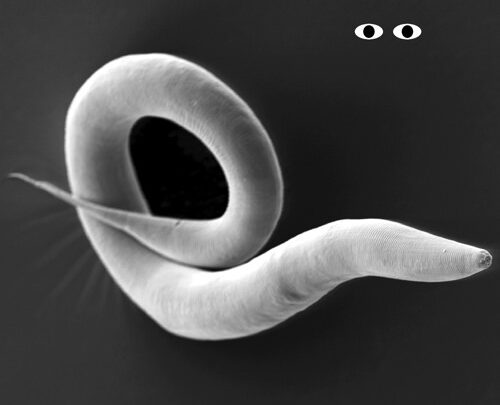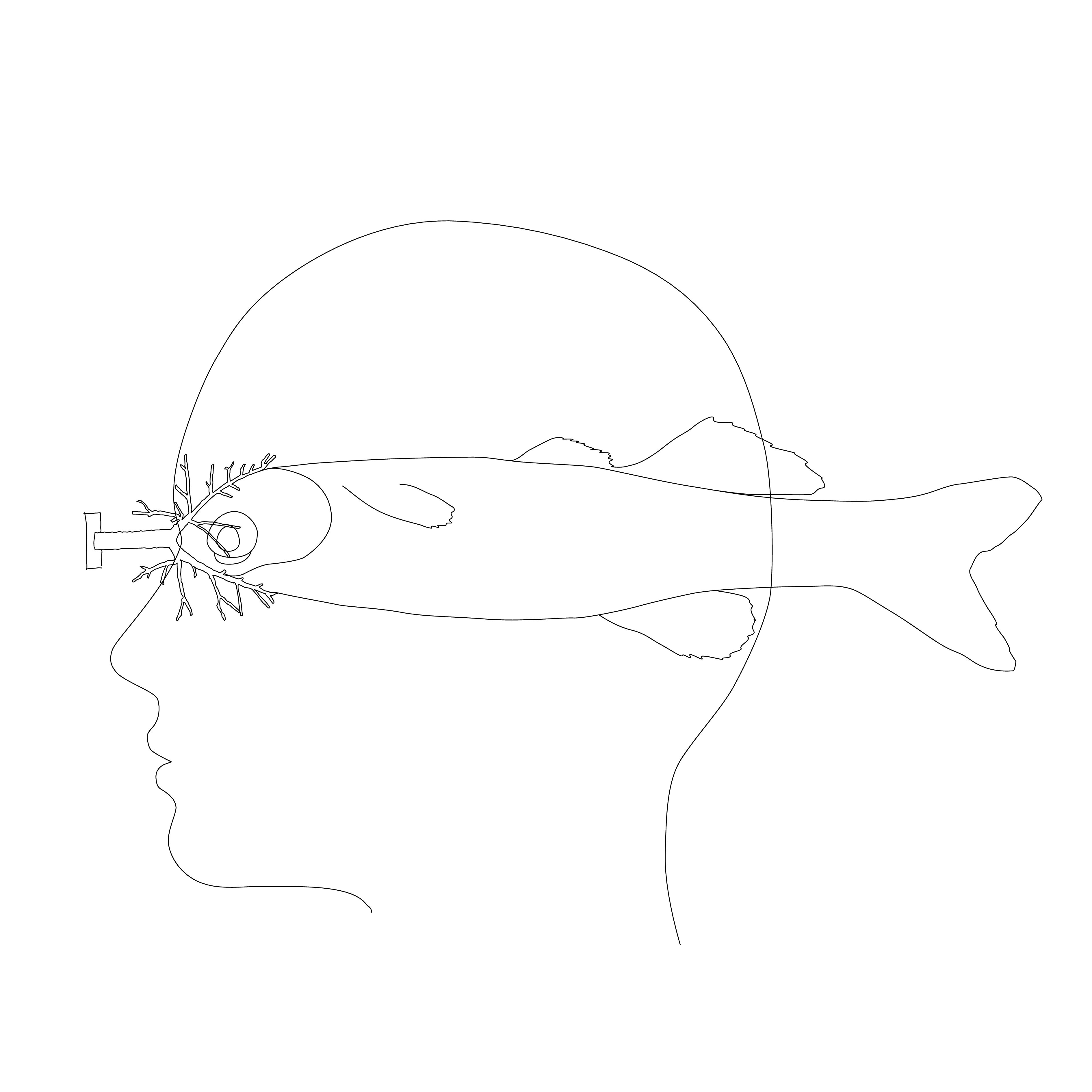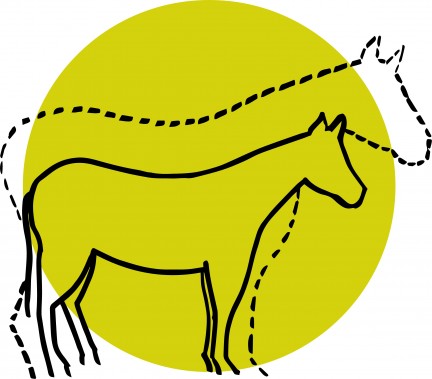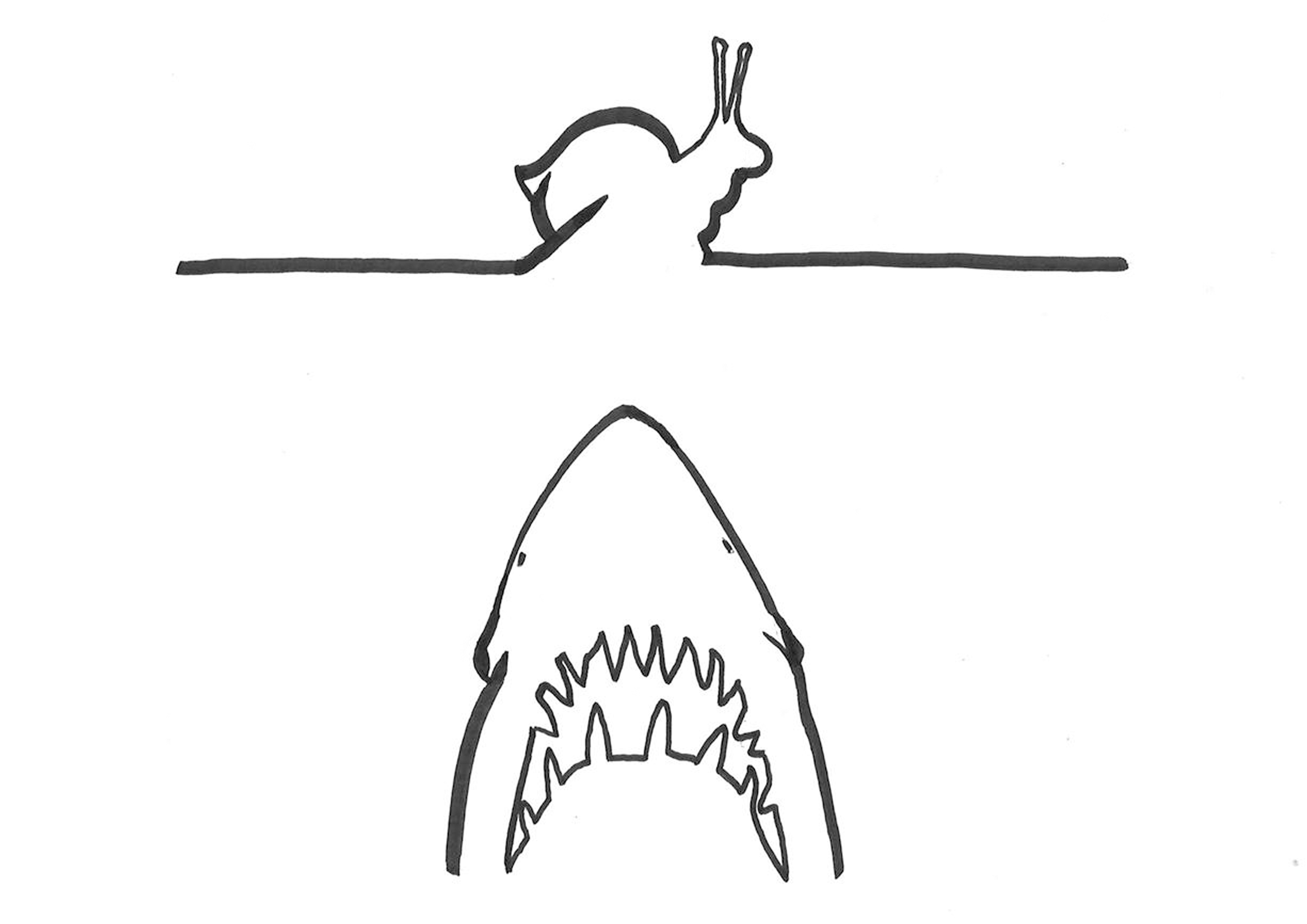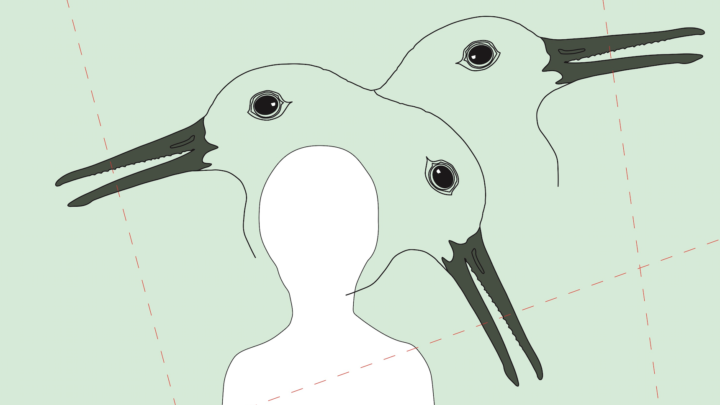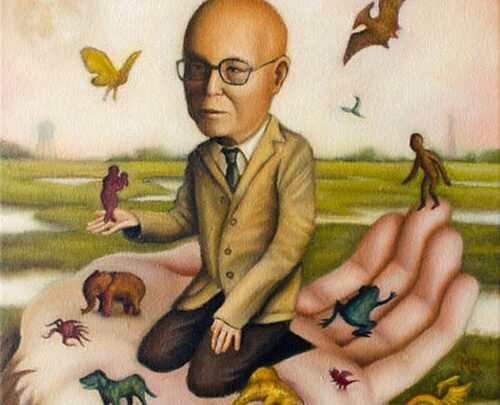Search Results for: science
Aligning the Loops
February 19, 2023Small Amazonians
November 27, 2021Short-Tongued Bombus
April 10, 2021A study in Science shows that in a period of just 40 years two alpine bumblebee species (Bombus balteatus and Bombus sylvicola) rapidly evolved significantly shorter tongues. Short-tongued species are more generalist foragers, able to feed on many different types of flowers. They are replacing more specialised, long-tongued…
Suez-Maxed Out
March 30, 2021Buddhist Auxology
March 21, 2021Buddhist auxology is the not-yet-existing study of all aspects of human physical growth from the perspective of the desire to be as small as possible. It would be a multi-disciplinary science involving health sciences/medicine, nutrition science, genetics, anthropology, anthropology, anthropometry, ergonomics, history, economic history, sociology, public…
Woolly Desire (35 kg)
February 25, 2021Rafting Monkeys
June 7, 2020Micro-Livestock’s Short Shadow
October 18, 2018Livestock’s Long Shadow: Environmental Issues and Options, a 2006 report released by the Food and Agriculture Organisation, assesses the impact of the livestock sector on environmental challenges, along with potential technical and policy approaches to mitigation. The livestock sector poses serious challenges to the environment at every…
Zebrafish Oannes
September 17, 2018Deaf Fish
December 12, 2017From Model Organism to Spirit Animal
November 22, 2017Japanese Miniatures: Cat Maximisation
October 30, 2017Our series of Japanese Miniatures investigates the specific Japanese sensitivity for small as expressed in their love for things like bonsai, sushi, netsuke, and capsule hotels. Japan ‘knows’ things about shrinking that may help the human species embrace the desire for, or overcome hurdles to, becoming…
Trans-species Psychology
September 23, 2017Trans-species psychology re-embeds humans within the larger matrix of the animal kingdom by erasing the notion that humans are substantively cognitively and emotionally different from other species. According to the ecologist/psychologist Gay A. Bradshaw, there is a common model of brain, mind and behaviour for humans and…
Beyond Phlebotinum
September 12, 2017Hyperthermal Shrinking
August 28, 2017Fear of the Vegetarian
April 13, 2017Brian Langerhans and Thomas deWitt of the department of Wildlife and Fisheries Sciences at Texas A&M University examined the specificity with which freshwater snails use environmental cues to induce defensive phenotypes such as shrinking. In one environment they introduced a species of sunfish that eats snails, In the…
KancerCel: Dialogues n Malignant Growth
November 23, 2016The Incredible Shrinking Man is interested in the relationship between cancer and our society’s obsession with growth. To connect the desire for less with the necessity to overcome our desire for more Arne Hendriks is developing KankerCel (CancerCell). KankerCel merges the languages of cancer research and…
Red Knot Protein Transition
May 13, 2016Various animal species are responding to global warming by reducing their body size. In the mid 19th century biologists had already observed the ecogeographic principle that within a broadly distributed taxonomic clade, populations and species of larger size are found in colder environments, while populations…
